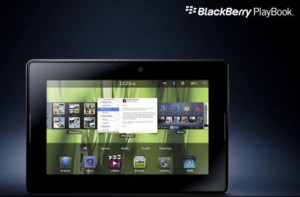How could MIS (Management of Information System) in a business use video-conference to increase the organization’s productivity and encourage its employees? Well an article in The Economist has given us a few ideas and reflections on how the market for professional video communications can be very helpful for a company. Yesterday, on October 6th, Cisco introduced to the market of video softwares (Skype for example) the ūmi telepresence which is a television screen that bring your living room to your friends and family. The attitude toward video conferencing has changed: people now feel more comfortable using it with family and friends.
Video-conferencing could also be used at work in order to increase the speed of information throughout the company, which would consequently increase the communication between the workers and their managers. “Gartner forecasts that the growth of high-end telepresence systems will allow companies to keep more workers at their desks, saving 2.1m airline journeys a year by 2012 and cutting car-rental costs.” (Article) If the MIS decided to increase the use of video-conference in a company, not only would it encourage the employees to communicate more and thus contribute more to the firm but it would reduce transportation costs! An idea could be transmitted much faster to your boss, information that arrive at an early time could make sure your company sign a contract with what will become a great customers, and so on. Skype or Cisco could therefore help a company stay ahead of the game and grow! Way to go!
Article: http://www.economist.com/blogs/newsbook/2010/10/cisco_bets_home_video-calling



